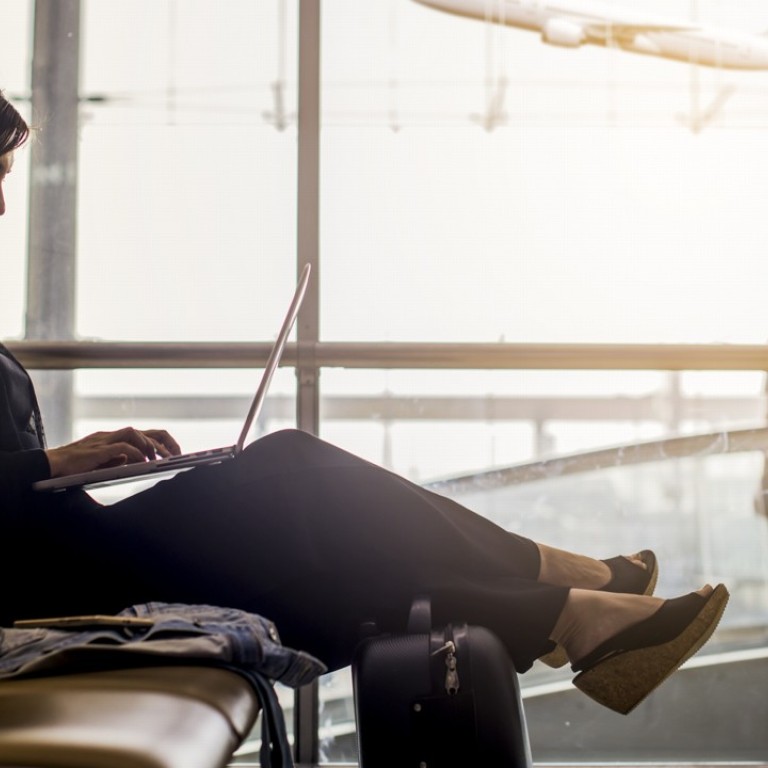
Five ways business travellers can be productive at the airport – and in the sky
Are you making the most of your time in transit? Airports are often labyrinths designed to make people waste time – but you don’t have to. If you are travelling for work, here are five tips for how to use your time wisely
Airports are difficult places to work in. They are often labyrinths designed to make people spend money and generally waste time. But for most business travellers, being in transit is a precious opportunity to get some work done.
Transit time doesn’t have to be dead time. If you plan things well, you can get ahead on your emails, or work on a presentation at the airport (or on the plane), hopefully making for a more relaxed return. Here are some ways you can travel on your own terms and make your next business trip more productive.
How to find cheap business class seats on a plane – four insider tips
1. Download some airport apps
You spend time checking out your destination and travel itinerary, but how well do you know the airport you are about to spend several hours in? GateGuru is a TripAdvisor-owned app that features navigation tips and information for airports, such as charging points and amenities.
It also includes estimated security wait times, calculated by monitoring how long other users have waited recently, as well as details of your gate, and your departure and arrival times.
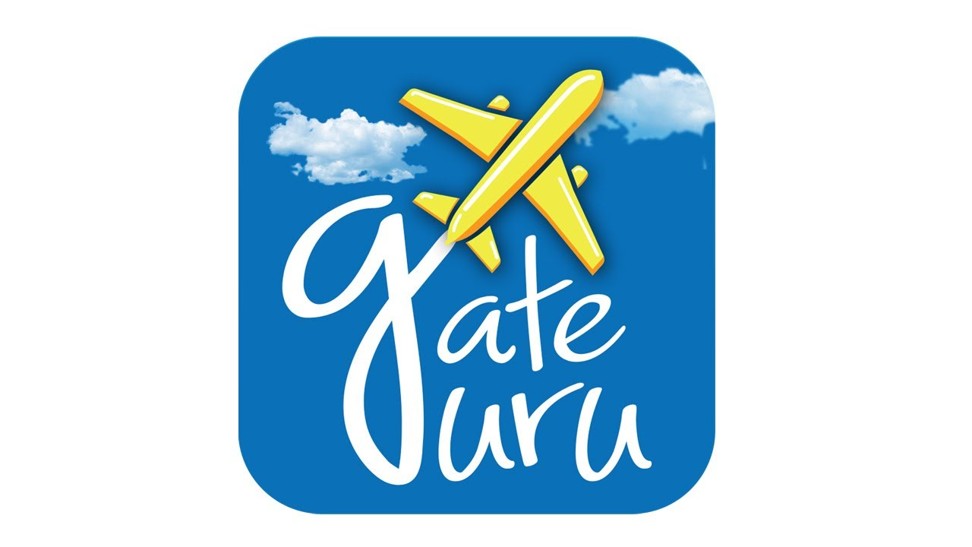
The TripIt app stores all of your digital travel documents in one place, while the pro upgrade includes an airport navigation service. Apple Maps – built into every iPhone – has in recent months added some in-depth maps of airports. If you are willing to pay for a quiet environment to get some work done, the LoungeBuddy app will allow you to easily book a few hours in an independent airport lounge.
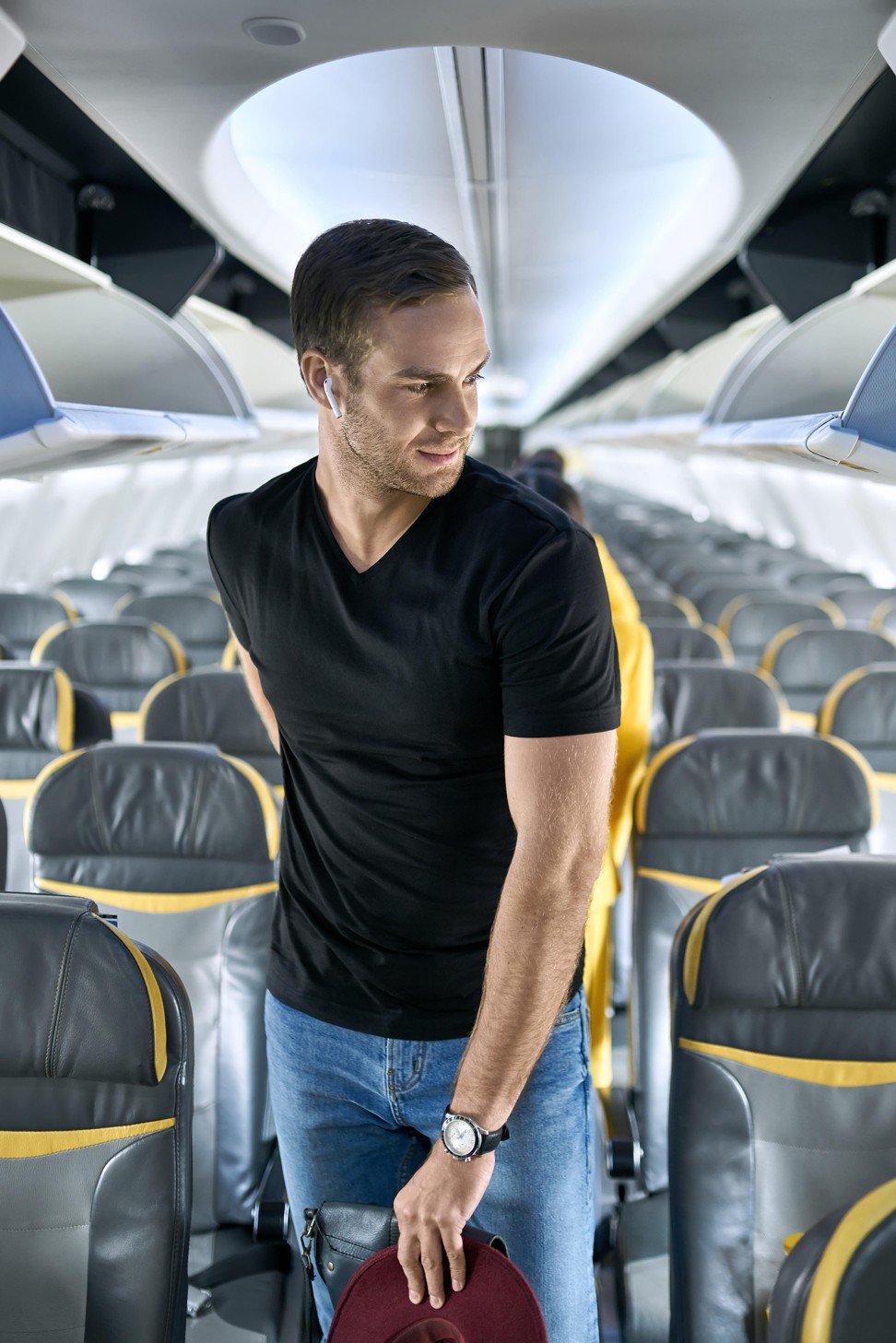
2. Get on the fast track
If you are a citizen of one of the 19 participating Asia-Pacific Economic Cooperation (Apec) countries and territories – including Australia, Malaysia, Hong Kong, China, Japan, Indonesia and Thailand – consider investing HK$490 (US$63) per year in the Apec Business Travel Card (ABTC), which is intended to streamline business travel.
Airport lounges are for everyone now – these 10 offer the best value
“This multiple-journey visa allows cardholders to enjoy visa-free entry and quicker immigration clearance at designated ABTC clearance lanes,” says Shane Davis, head of operations at Flight Centre Hong Kong. “Outside the Asia Pacific region, cardholders can also access fast-track immigration lanes usually reserved for cabin crew at all international airports in the US and selected airports in Canada.”
At other airports not covered by the ABTC, “fast track” immigration passes can usually be bought. If you frequently travel through Bangkok Suvarnabhumi, Haneda Airport in Tokyo or Singapore Changi, an ABTC can be invaluable.
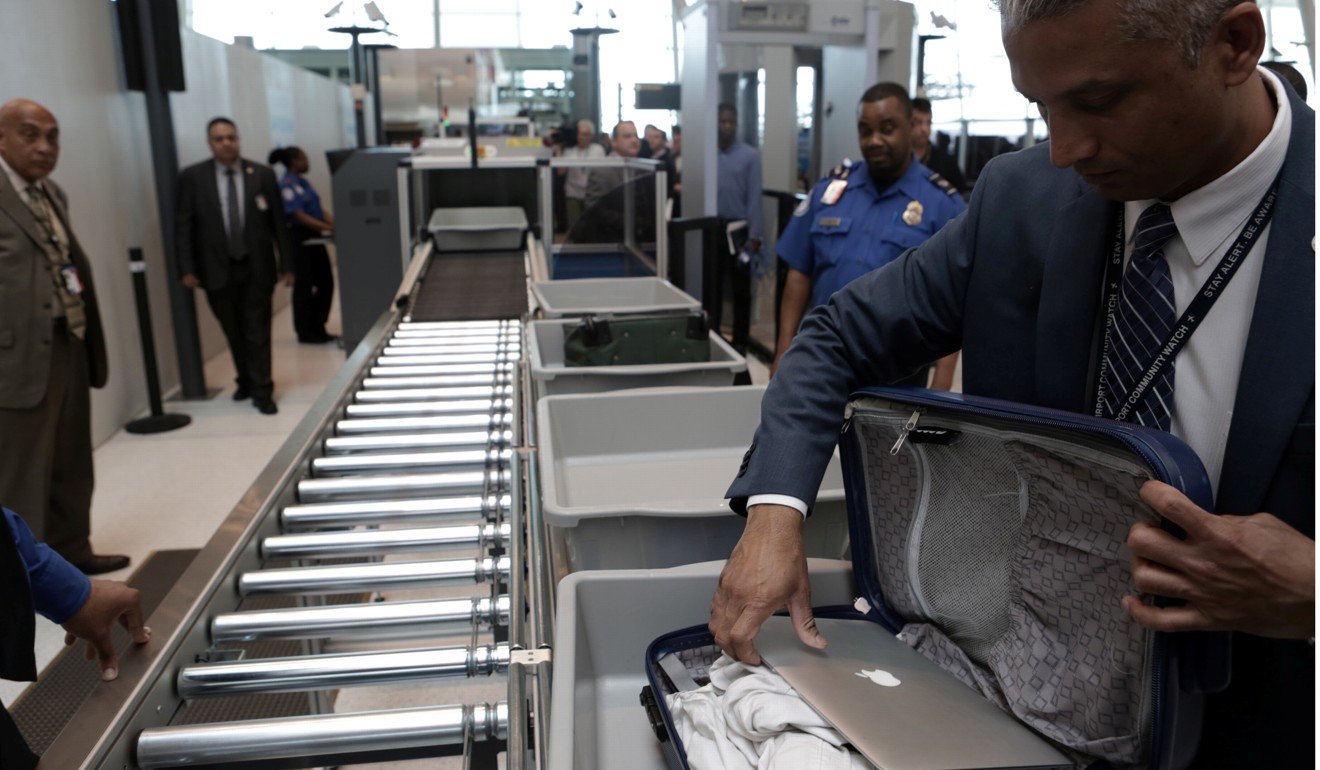
3. Streamline your luggage
Many business travellers save time by travelling with hand luggage only. Whether you go for rolling luggage (if you do, always go for four- or eight-wheel cases, which can be pushed rather than dragged through airports) or a backpack, is up to you. What is more important is how you pack.
You do not want any clutter getting in your way, which means organising your laptop, noise-cancelling headphones and any other tech essentials in pockets that you can easily access without having to open up the main compartment. If you do pack a portable battery, choose a model that has built-in, flip-out cables rather than having wires filling up your carry-on bag.
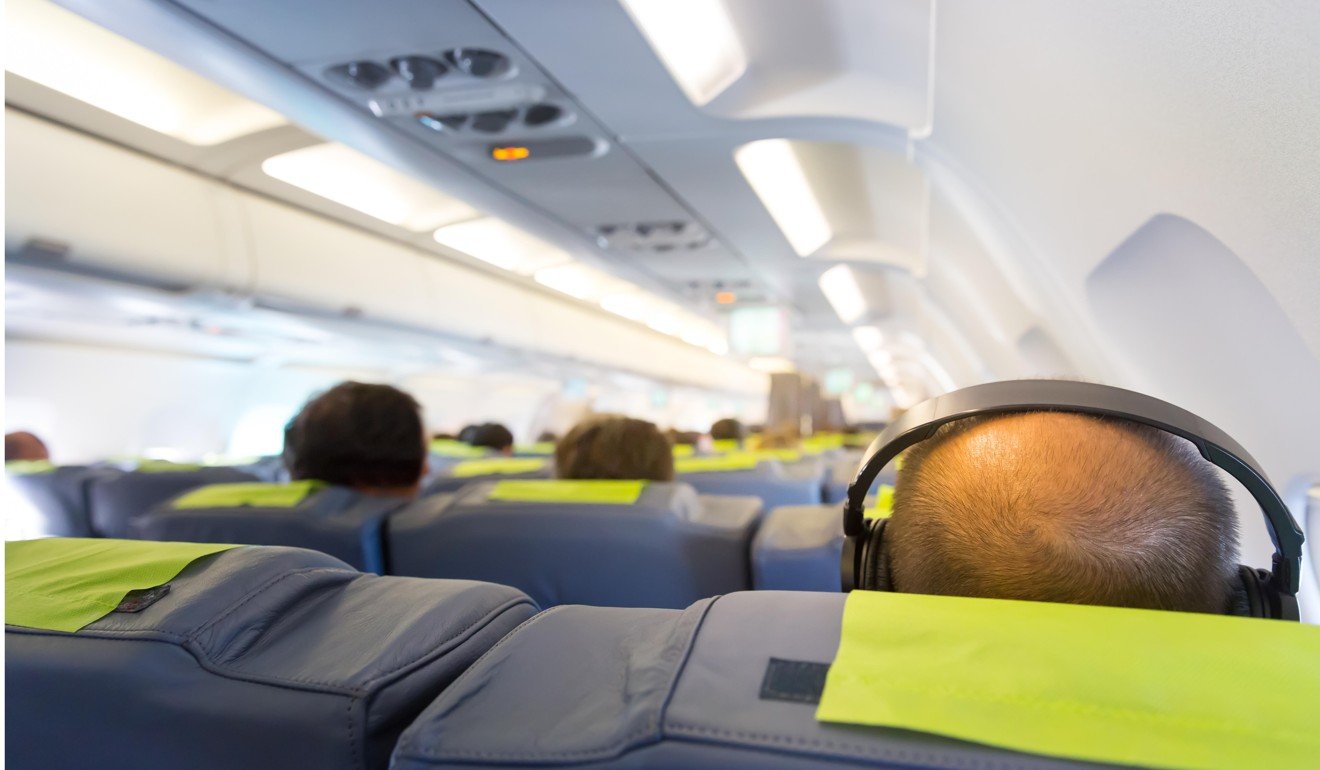
4. Don’t get distracted
Rule one of business travel is to never miss a flight. Avoid unnecessary delays at security checkpoints by making sure you know what is (and isn’t) permitted in your hand luggage. Be aware that some countries have additional restrictions. “The Transportation Security Administration in the US has recently limited the amount of powders allowed in carry-on bags to 350 millilitres,” says Davis.
Seven apps every trip planner will want on their smartphone
Once you are through security, check the flight status board for the time when your gate will be open, and set an alarm on your phone for that exact time. This way you can focus on getting some work done until that alarm sounds.
Once you reach the gate, don’t waste time queuing; if you are travelling business class then board as soon as possible, and if you are going economy board last. When you are safely on the plane, a pair of noise-cancelling headphones will help you block out the world so you can concentrate.
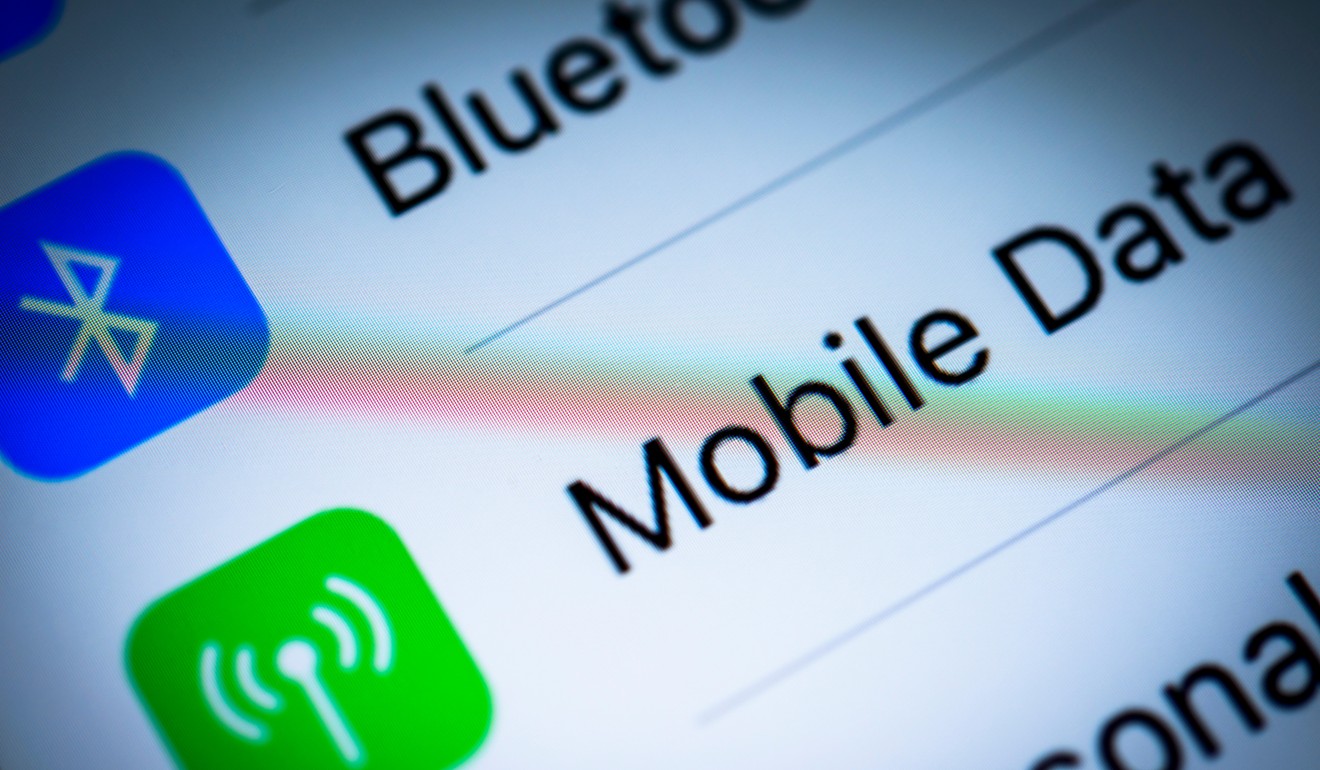
5. Pack a mobile data dongle
Mobile data is not expensive, so buy some ahead of your trip. Although you can just about get away with using the free Wi-fi networks routinely offered by airports, it can be unreliable, insecure and using it sometimes requires a domestic phone number (such as in China and India). Instead, get a mobile data dongle; you can use it anywhere, whether you're in the airport, in a taxi to your hotel, or in a cafe waiting for an appointment.
Lower your phone's screen brightness, and put your phone into aeroplane mode (reactivating Wi-fi) to save battery preflight.

